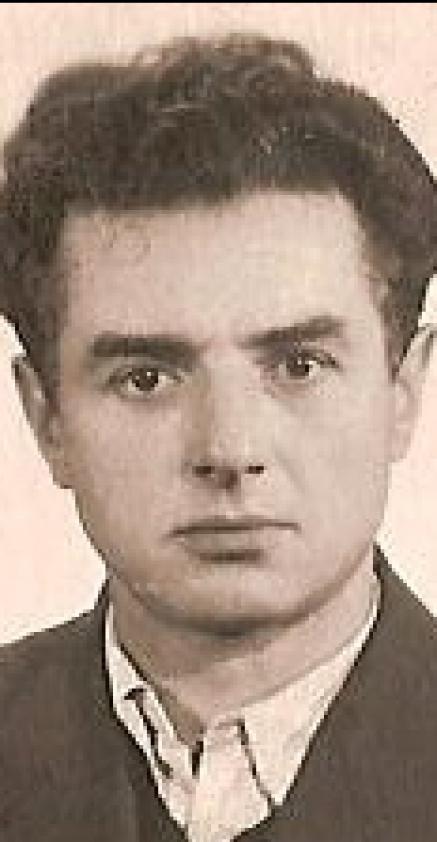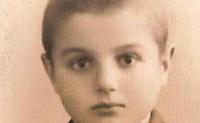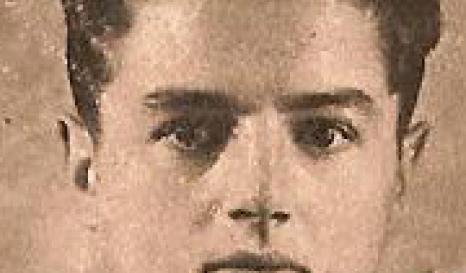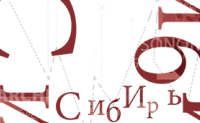BioGraphy
Vincas KRUŠAS
Vincas Krušas was born to a farming family in the Vilnius region in 1925. In 1938 he was sent to school in Vilnius and after 1944 when the Soviets entered Lithuania, he joined an underground organisation that helped the resistance get equipment to print pamphlets and newspapers. In 1946 he was arrested and sentenced to five years’ forced labour, which he served in the Ukhta camp in the Komi Republic.
In 1950, on his release, he returned to Lithuania. But, meanwhile, his father had been arrested at the time of collectivisation in 1948 and sent to a camp in Lithuania. Three years later, his father was exiled for life to the Novosibirsk region. In 1951, his mother and two younger brothers were deported to the Krasnoyarsk region in Siberia, but he managed to hide. In 1952, he was found and also sent to Krasnoyarsk. In 1957, his parents returned to Lithuania, he completed his studies in Krasnoyarsk and returned to Vilnius in 1962, and got a job in a timber-processing factory.
The interview with Vincas Krušas was conducted in 2009 by Jurgita Mačiulytė.







